TURKEY will “REMOVE” Kurdish troops from Syrian border unless they “lay down their arms.”
Turkey Threatens to “Remove” Kurdish Troops from Syrian Border Unless They Lay Down Their Arms: Implications and Reactions
In a bold and contentious move, Turkey has issued a strong warning to Kurdish forces along its southern border with Syria, stating that it will “remove” Kurdish troops from the region unless they lay down their arms. This new threat underscores Turkey’s longstanding concerns about Kurdish separatism and its ongoing military operations in northern Syria. The announcement comes amid heightened tensions between Turkey, Kurdish militias, and regional powers, with significant implications for the security dynamics of Syria and the broader Middle East.
Context Behind Turkey’s Threat
The statement from Turkey’s leadership primarily targets the Syrian Democratic Forces (SDF), which includes the Kurdish People’s Defense Units (YPG). The YPG has been a crucial ally of the United States and other Western powers in the fight against ISIS in Syria, but Turkey views these Kurdish forces as an extension of the Kurdistan Workers’ Party (PKK), a separatist group that has been waging an insurgency in Turkey for decades. The PKK is considered a terrorist organization by Turkey, the United States, and the European Union.
Turkey’s concerns about Kurdish control along its border are rooted in the belief that the establishment of a Kurdish-controlled autonomous zone in northern Syria could inspire Kurdish separatist movements within Turkey. As a result, Turkey has launched several military operations in northern Syria, targeting Kurdish militants and their positions. The latest warning is a continuation of this policy, with Turkish officials emphasizing their determination to ensure that Kurdish forces are disarmed and removed from areas close to Turkey’s border.
The Role of Kurdish Militias in Syria
Kurdish militias, particularly the YPG, have played a pivotal role in the Syrian civil war, particularly in the fight against ISIS. The YPG formed the backbone of the SDF, which received significant military support from the U.S.-led coalition in its efforts to defeat ISIS in Syria. Their success in driving ISIS out of key territories, such as Raqqa and Kobani, has earned them significant international praise, but also sparked the ire of Turkey, which has long considered the YPG a terrorist organization.
The Kurdish forces in northern Syria have carved out semi-autonomous regions known as Rojava, which have their own local governance structures, heavily influenced by Kurdish political movements. These regions are seen as a potential model for Kurdish autonomy, not just in Syria but also in Iraq and Turkey, where large Kurdish populations reside. The threat to remove Kurdish forces from the Syrian border is largely driven by Turkey’s fear of this Kurdish autonomy spreading across the region.
Turkey’s Military Operations in Northern Syria
Turkey has launched several military operations in northern Syria in recent years, with the primary objective of pushing Kurdish fighters away from its border and establishing a “safe zone.” These operations, including “Operation Olive Branch” in 2018 and “Operation Peace Spring” in 2019, have targeted Kurdish-controlled areas such as Afrin, Manbij, and Ras al-Ain. In these operations, Turkey has sought to clear areas of what it calls “terrorist” groups, while also securing a buffer zone along its border to prevent Kurdish autonomy from solidifying.
In the aftermath of Turkey’s incursion into northern Syria in 2019, a U.S.-brokered ceasefire allowed Turkish forces to control parts of the border region. However, the stability of this ceasefire has been fragile, and periodic clashes have continued between Turkish forces and Kurdish militias. The current threat to “remove” Kurdish troops from the border is seen as an escalation in Turkey’s strategy to secure the area, and it may result in increased military action if the Kurdish forces do not comply.
International Reactions to Turkey’s Threat
Turkey’s threat to remove Kurdish forces from the Syrian border has elicited mixed reactions from the international community. The United States, which has been a key ally of the Kurdish forces in their fight against ISIS, has expressed concern over any further escalation of violence in the region. Washington has called for restraint and has urged Turkey to respect the ceasefire agreements and to avoid further military intervention in Syria.
The Syrian government, which has long been critical of foreign military intervention on its soil, has condemned Turkey’s military operations as violations of Syria’s sovereignty. The Syrian government has consistently maintained that the presence of foreign forces, including Turkey, in northern Syria is illegal, and any actions taken by Turkey to remove Kurdish forces will likely be met with condemnation from Damascus.
Russia, which maintains a significant military presence in Syria and has been involved in brokering ceasefire agreements between Turkey and the Syrian Kurdish forces, will likely play a key role in mediating the situation. Moscow has generally tried to balance its relationships with both Turkey and the Syrian Kurds, but it is clear that Russia’s influence in Syria is pivotal in preventing further escalation of hostilities.
The European Union has also voiced concern about the potential for violence in northern Syria. Many EU members have called for Turkey to de-escalate tensions and to engage in dialogue with Kurdish groups to address security concerns without resorting to military force. Humanitarian organizations have warned that any new military actions in the region could lead to a further displacement of civilians and exacerbate an already dire humanitarian crisis.
Potential Consequences for the Region
The situation along the Syrian-Turkish border remains highly volatile, and Turkey’s threat to remove Kurdish forces could have wide-reaching implications for the region. Here are some potential outcomes:
- Increased Military Clashes: If Turkey carries out its threat and clashes with Kurdish forces escalate, there could be significant casualties on both sides. The Syrian-Kurdish forces, despite their military achievements against ISIS, would likely be unable to withstand a full-scale Turkish assault without further support from external actors. The fighting could also draw in Syrian government forces, which have an interest in asserting control over Kurdish-held territories.
- Humanitarian Impact: Any military operation in the area is likely to lead to displacement of civilians, further straining an already fragile humanitarian situation. Hundreds of thousands of people in the region have already been displaced due to previous Turkish military operations, and any new offensive could exacerbate the crisis.
- Diplomatic Strains: Turkey’s unilateral actions could strain its relations with both Western allies and regional powers. The U.S. and EU are likely to press Turkey to halt any military action, while Russia may work to mediate a ceasefire. However, Turkey’s firm stance on Kurdish militias may limit diplomatic flexibility, particularly if Ankara feels that its national security is at risk.
- Regional Instability: The continued instability in northern Syria could further fragment the country, preventing any prospects for lasting peace and recovery. If Kurdish forces are displaced, it could also embolden other groups, including Islamist factions and remnants of ISIS, potentially destabilizing the region even further.
Conclusion: A Delicate Balance of Power
Turkey’s threat to remove Kurdish troops from the Syrian border unless they lay down their arms adds a new layer of tension to an already complicated conflict. The move underscores Turkey’s strategic priorities of limiting Kurdish autonomy near its border, but it also raises the specter of further military escalation and regional instability. As the international community watches closely, it is clear that finding a diplomatic solution to the situation will be crucial for maintaining peace in northern Syria and safeguarding the region’s future.
The situation remains highly fluid, and with multiple regional and international actors involved, the risk of further conflict remains ever-present. The coming months will be critical in determining whether Turkey’s threat leads to new hostilities or whether diplomatic efforts can bring about a de-escalation. For now, the Kurdish forces and Turkey find themselves at an impasse, with the fate of northern Syria hanging in the balance.
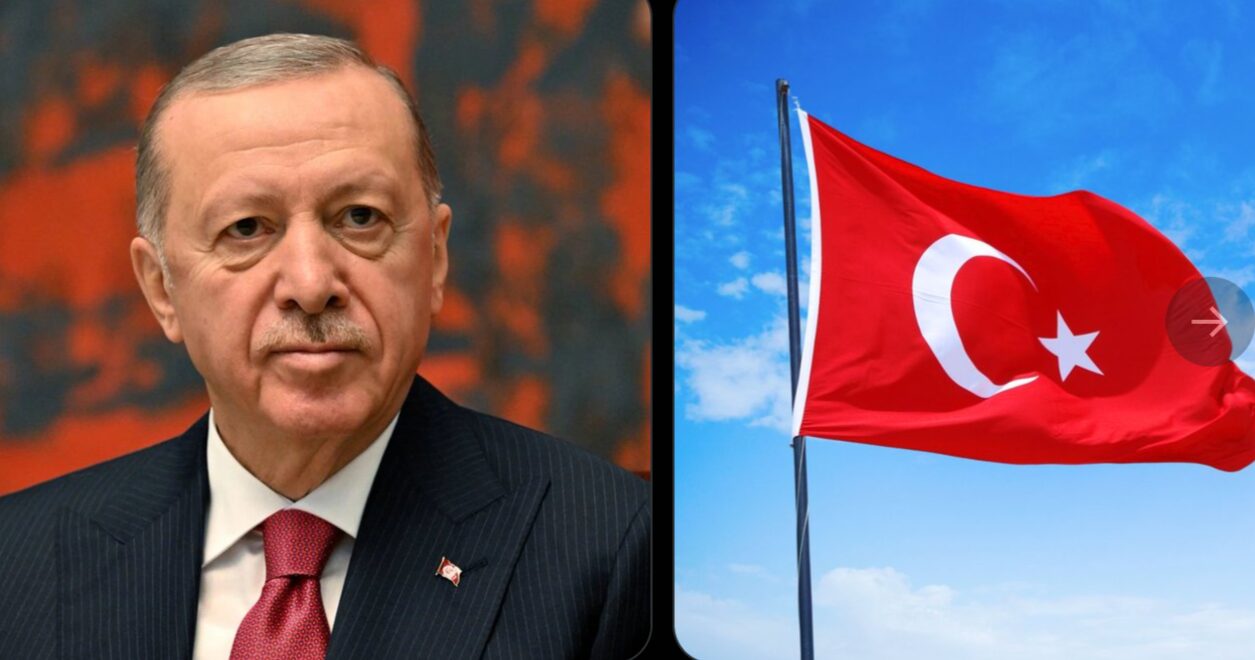
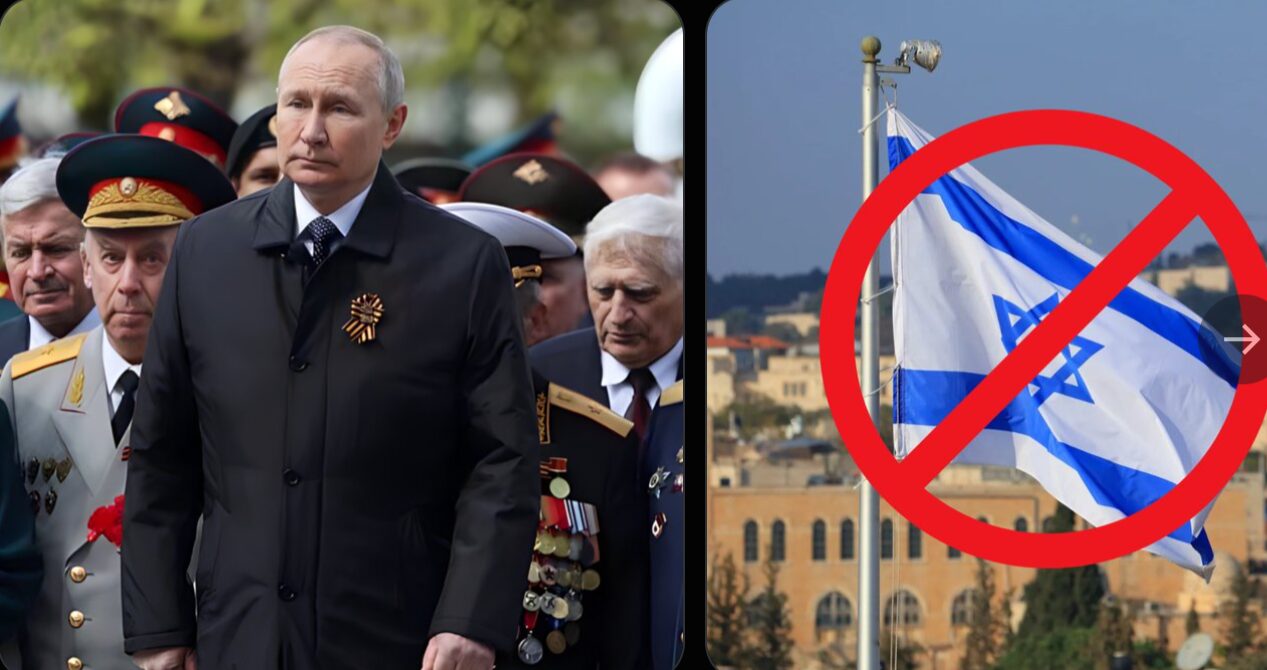
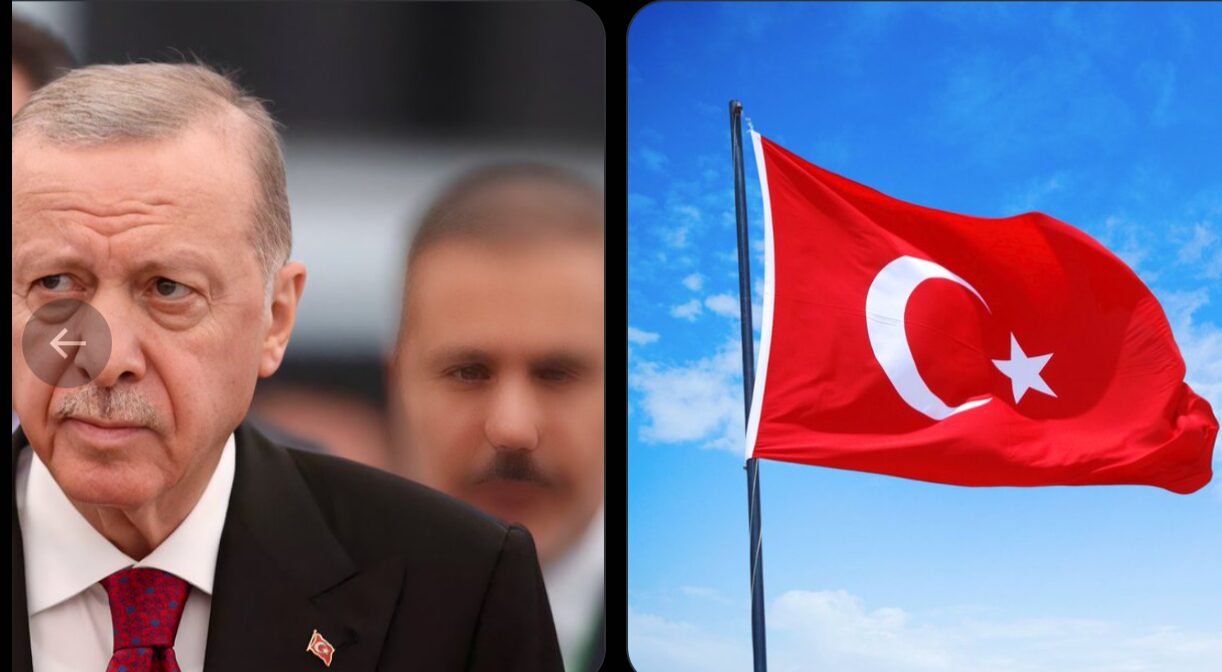
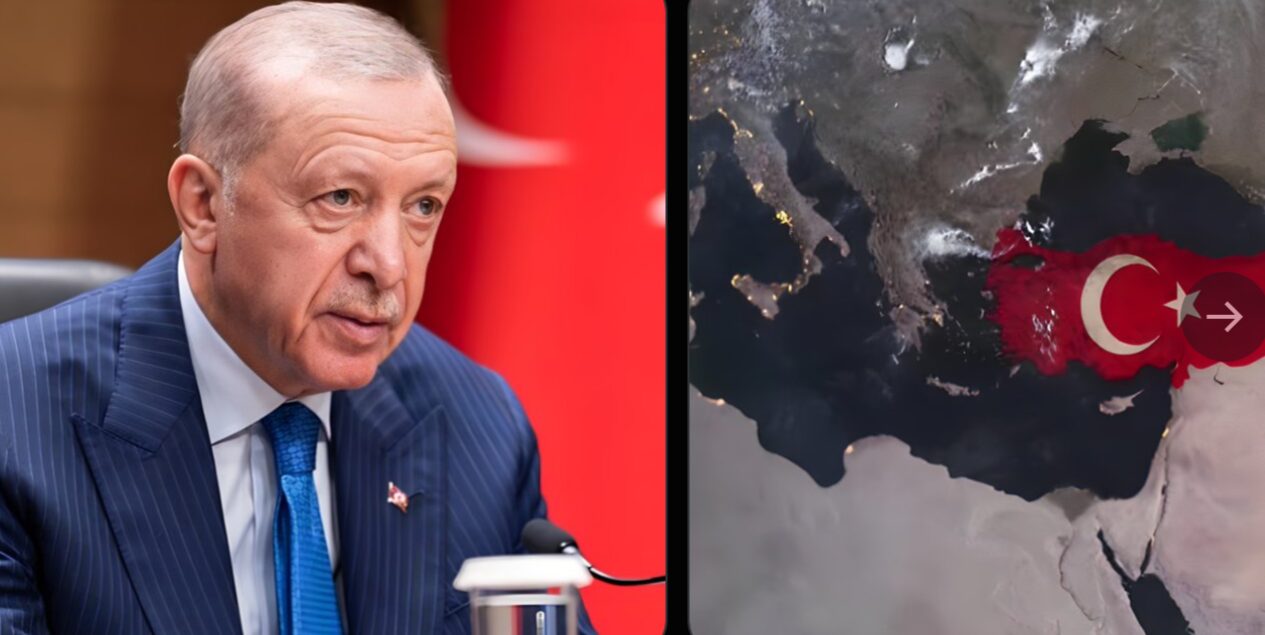
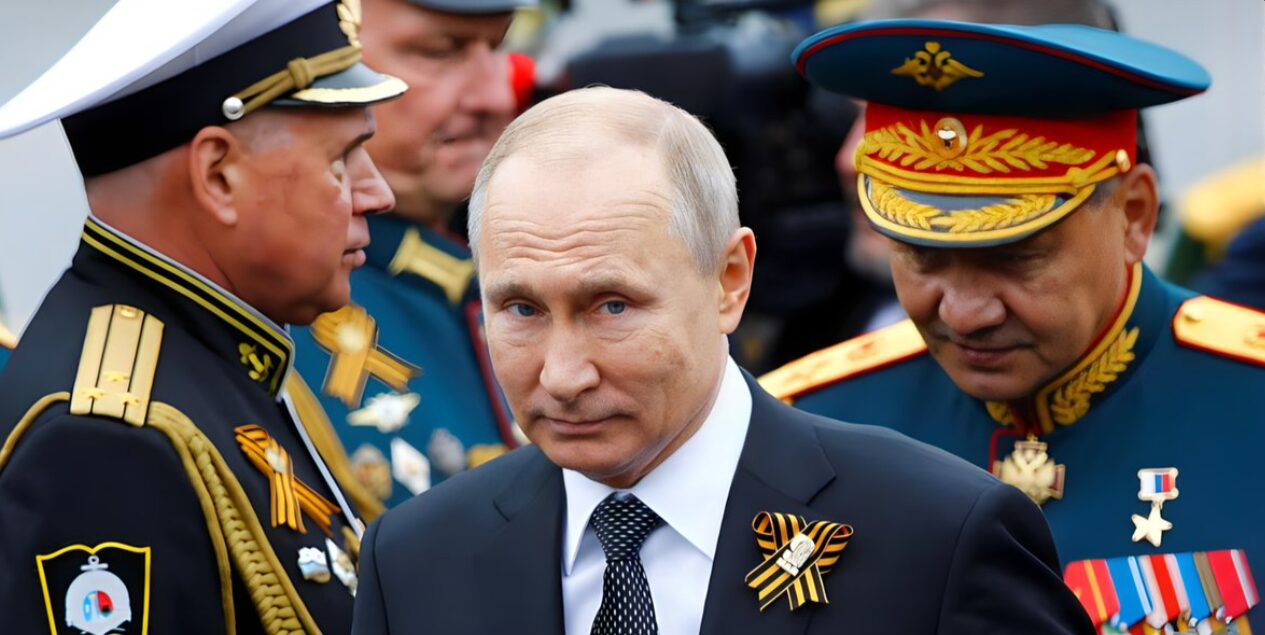
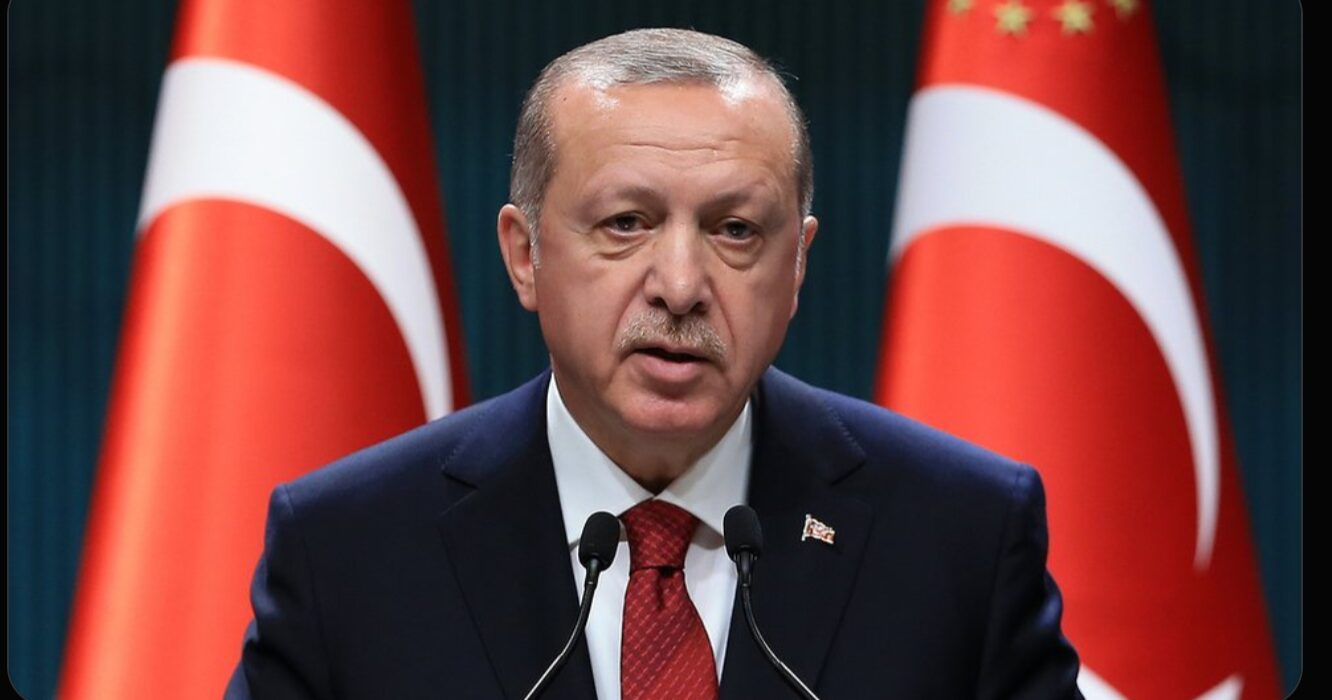

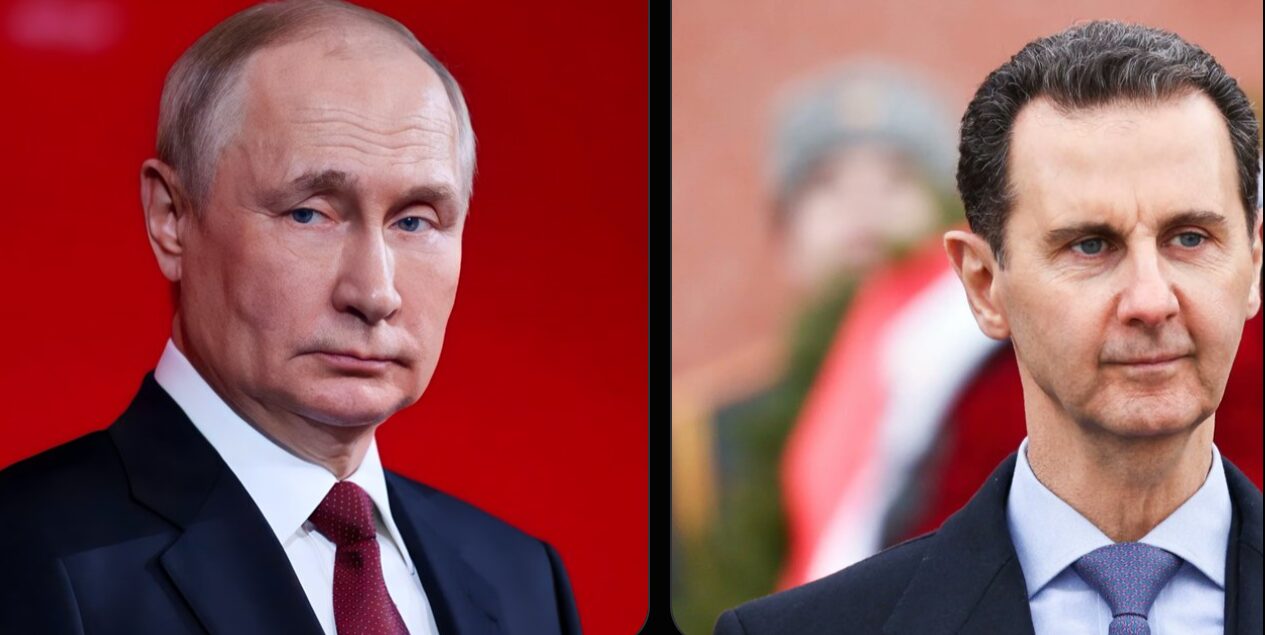
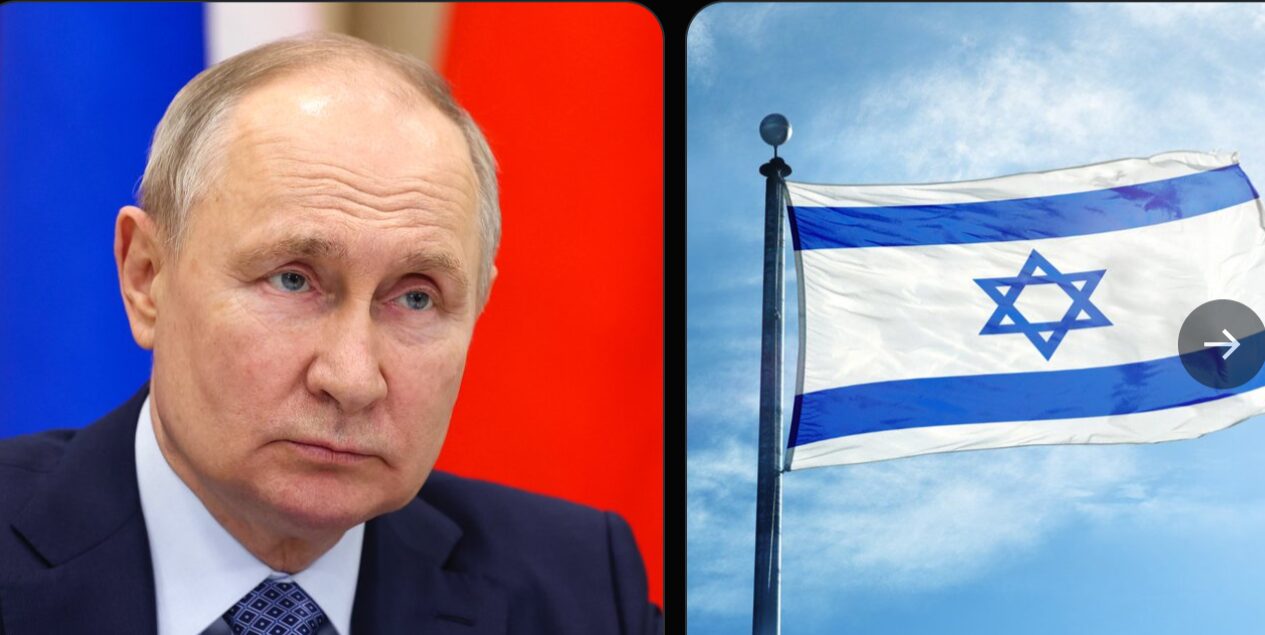








Post Comment